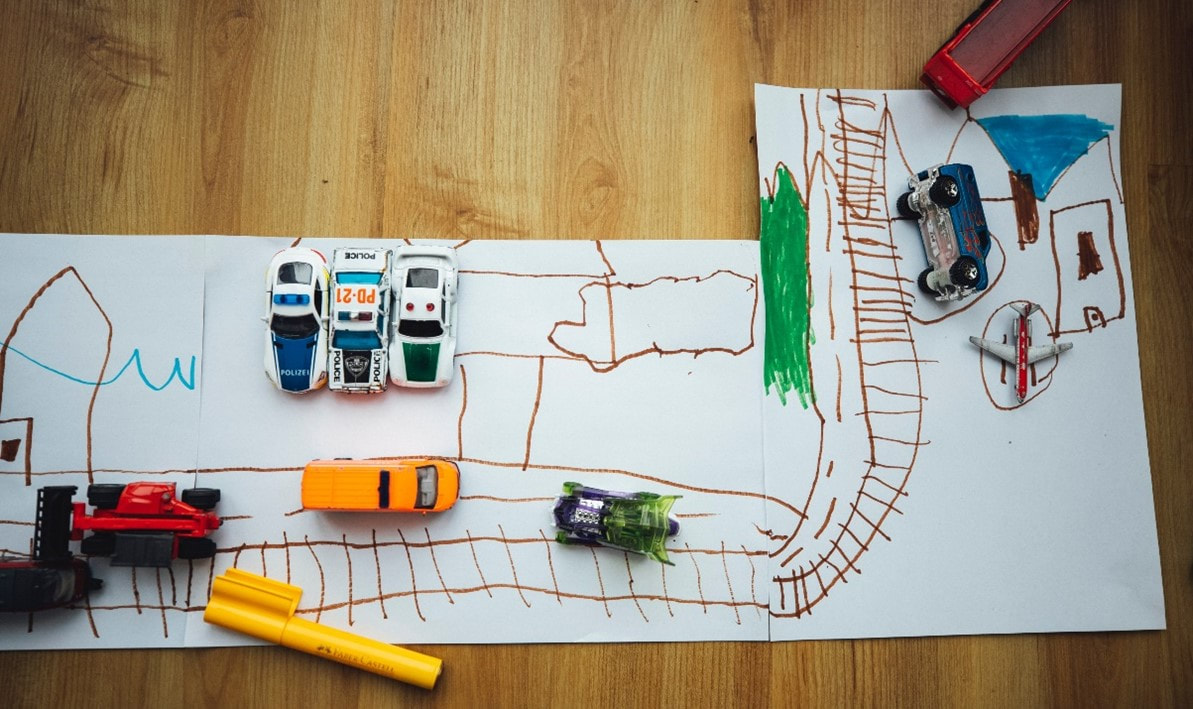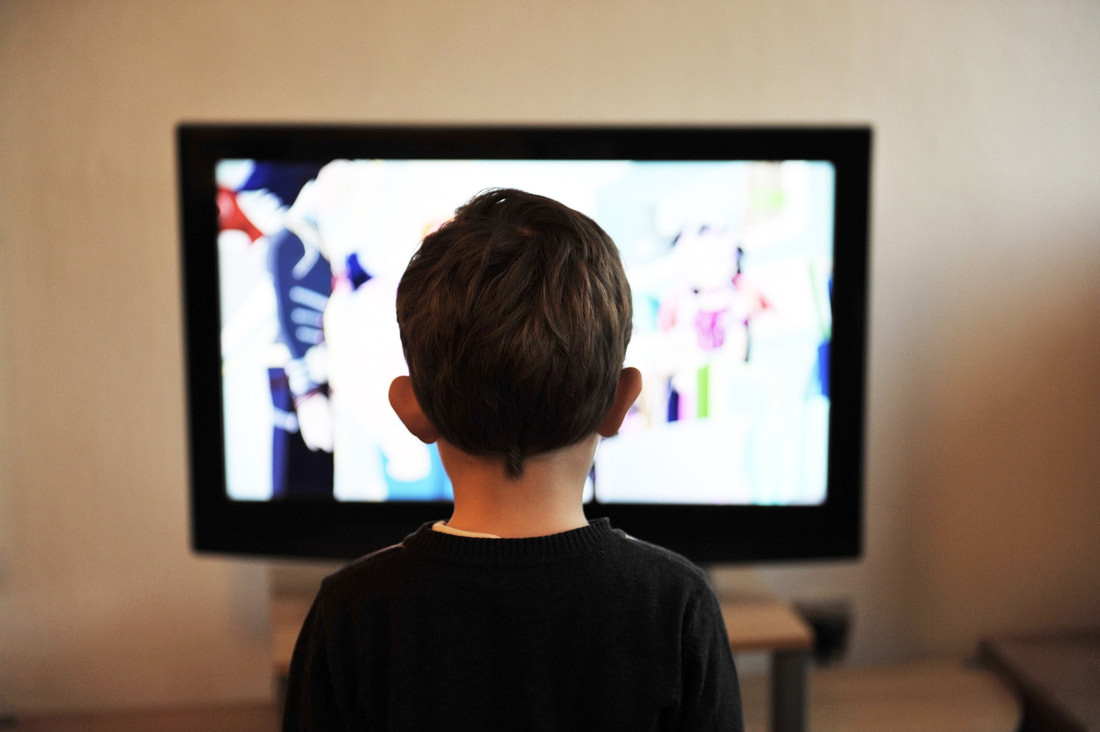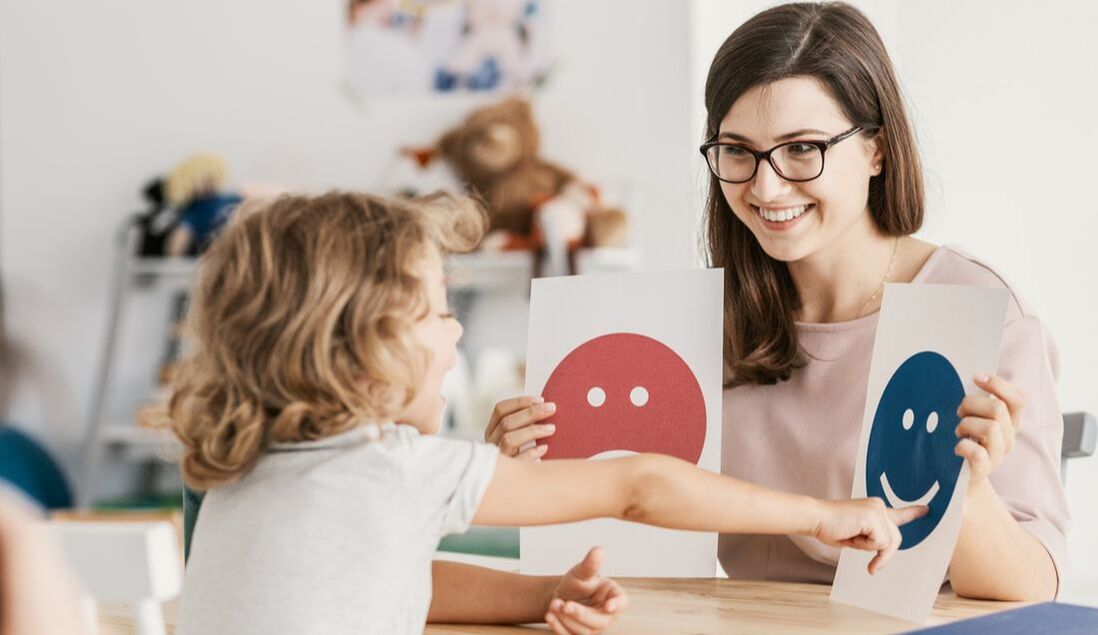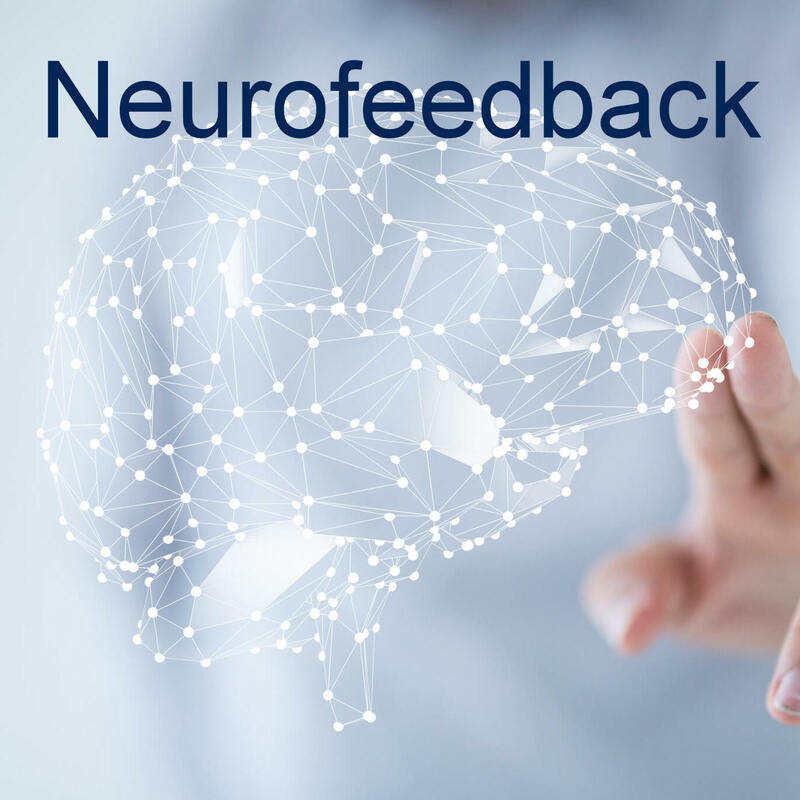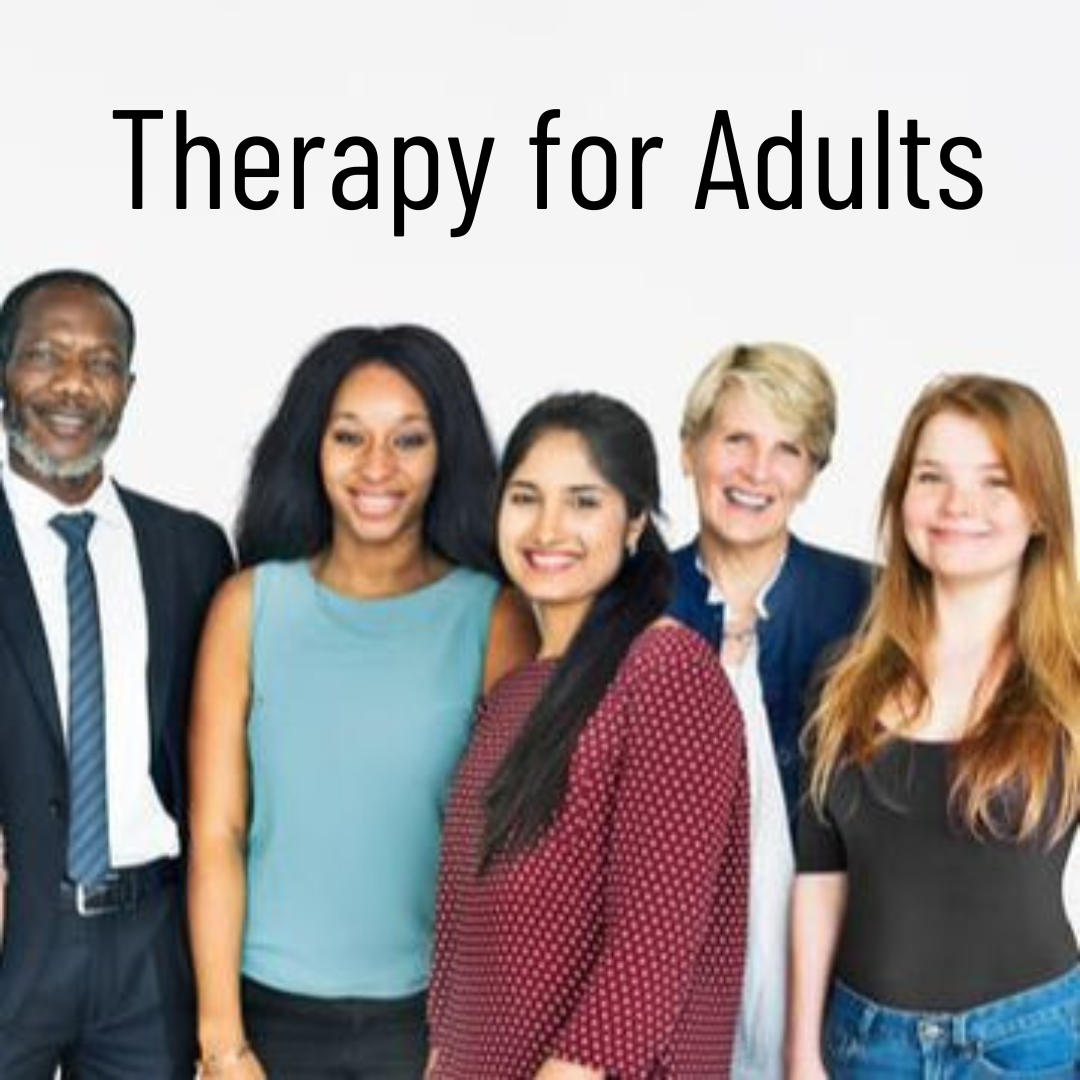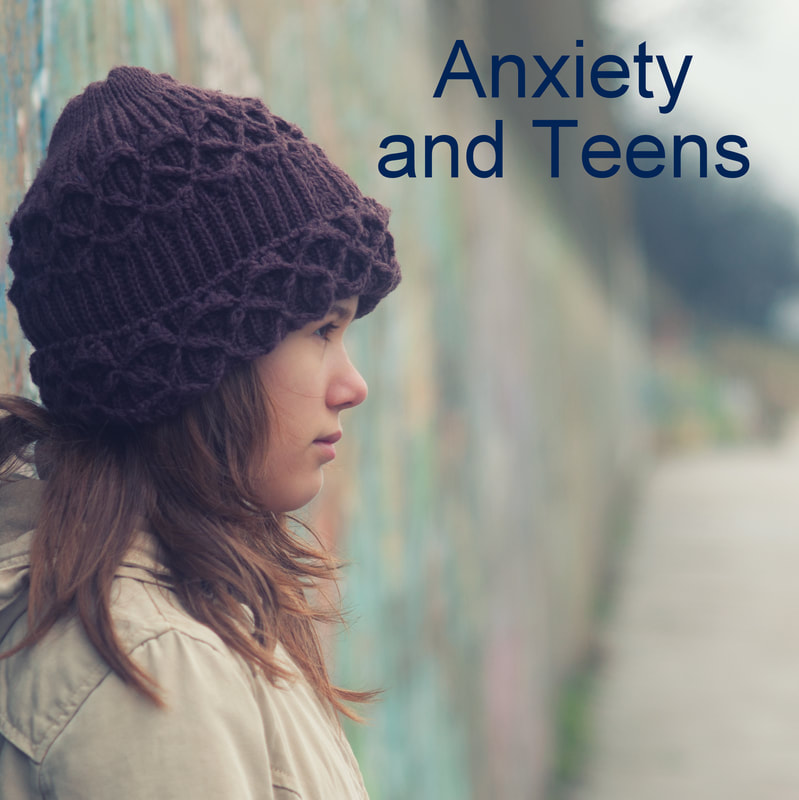|
by Andrea Panebianco, MS Every person has a distinct set of interests that makes them unique, including children, which is a wonderful thing to recognize as mentor, parent, or teacher. What makes this concept so compelling is that children’s interests can be used to help them learn in a variety of ways; a concept which informs an interest-based learning approach. Using interests can help instill growth and can facilitate the introduction of new concepts (Touhill, N.D.). Similarly, children’s interests can be a useful tool to boost social-emotional skills and communication.
0 Comments
by Caroline Rudin, LMSW, MS.Ed., PMH-C “Congratulations!” There are balloons and bouquets of flowers all over the hospital room. The room smells sweet and clean. Your makeup and hair are beautifully done up as you lie in bed with soft, cozy sheets and blankets, cradling your newborn in your arms. Your partner is sweetly standing over you, holding your hand, in amazement of your efforts and your child. Your family rushes into the room to gush over your baby and take turns holding and changing her for you so you can begin to rest.
“CUT!” Does this sound like a fairytale? A television commercial? Most times, it is. Let’s rewind, shall we? by Jessica Satkunasingham, MS When you think about your family and the amount of screen time that they watch, what comes to mind? Do they watch too much? Too little? Just the right amount?
by Linda Montalbano, Mental Health Counselor Many children and adolescents struggle, whether it be with friendships, school issues, problems within the family dynamic, or something else. It is very common if your child is hesitant to share their worries and problems with you. Therapy is an excellent outlet for children. In therapy, children learn to talk about and work through their problems. They learn healthy coping methods and communication skills.
How do you know when to take your child to therapy? It can be nerve-wracking and stressful when you realize your child is struggling. When areas of their lives are affected or become unmanageable, it is a good indicator that your child may benefit from therapy sessions. Some signs include struggles in school performance, changes in friendships and relationships, decreased self-esteem, changes in appetite and sleep habits, and symptoms of anxiety and depression. A video blog by Sharon Grand, Ph.D. Dr. Sharon Grand discusses ADHD and Executive Functioning with Michelle Malon, Occupational Therapist by Jessica Satkunasingham, LMSW Have you ever struggled talking to your child after school? When you ask them how their day was do you get “fine”, “okay”, or some other one-word answer? I know that it is something that I struggle with daily.
by Sharon Grand, Ph.D. According to a new study led by University of Maryland School of Medicine researchers, “Elementary school-age children who get less than nine hours of sleep per night have significant differences in certain brain regions responsible for memory, intelligence and well-being compared to those who get the recommended nine to 12 hours of sleep per night.”
These findings would not be surprising for any parent who has ever dealt with with a tired child. Children are highly impacted by fatigue with significant changes in mood, attention, and focus, so it is easy to imagine how consistent, good quality sleep can have positive effects in the long term on their intelligence and well-being. Let’s talk about some tips on how to help your elementary child go to sleep and stay asleep through the night. |
Archives
October 2023
Categories
All
|

